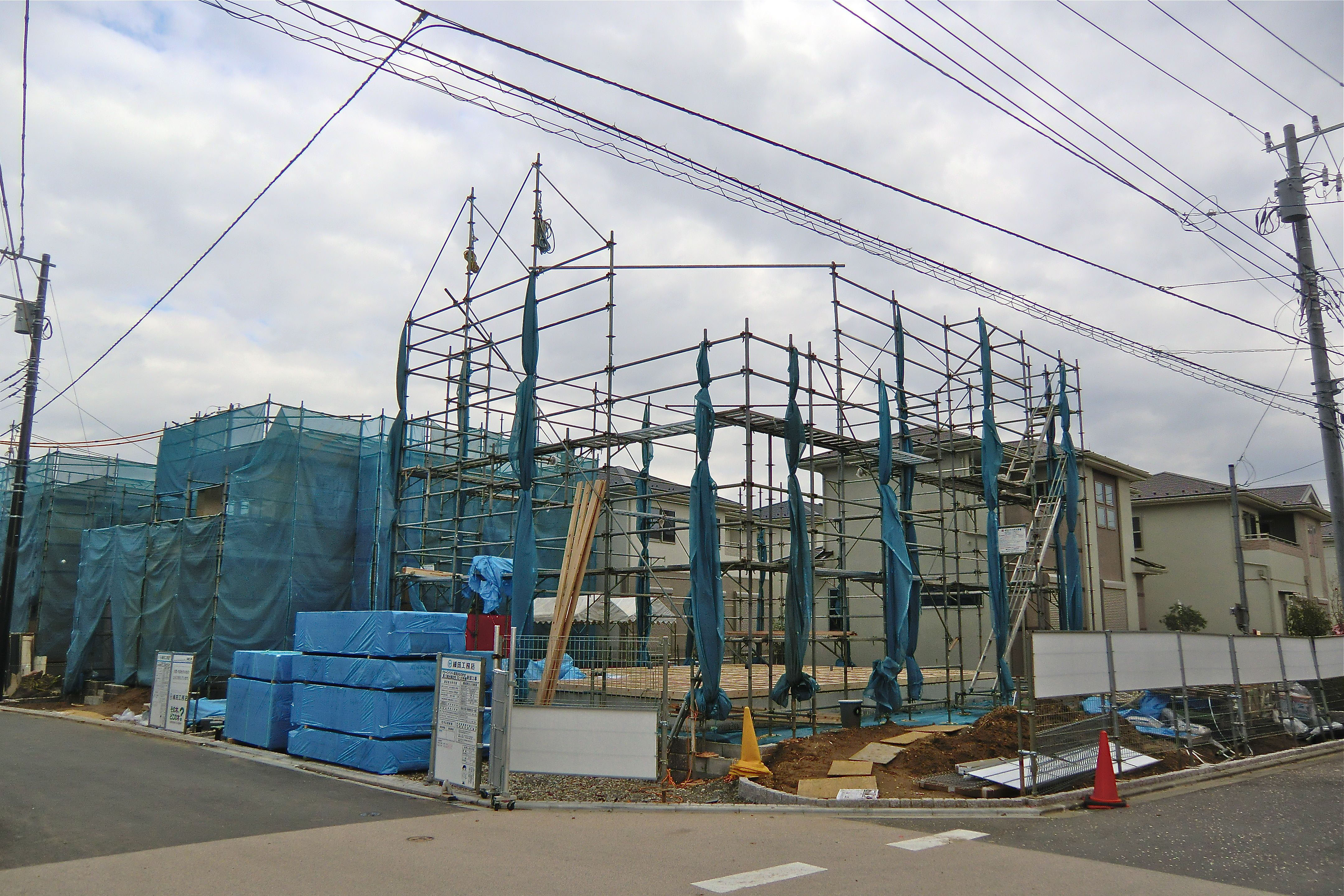Thanks to the upcoming snap election, which is being called a referendum for the government's economic policies, everyone is aware that Japan's GDP has worsened since the consumption tax was raised last April. A large portion of this drop is being attributed to declining sales of new houses and condominiums.
A lot of people signed contracts for new homes last year so they wouldn't have to pay the increased tax, and it follows that fewer consumers than usual bought homes after the raise went into effect. However, the government anticipated this drop and offered expanded tax breaks for housing loans, even subsidizing some homes after the tax increase. Experts therefore thought that new homes could end up being cheaper after April 1 than they were before. Moreover, the interest rate for mortgages is now even lower than it was a year ago.
It's not as if people don't want to buy new homes any more. Last January, in conjunction with Japan's Coming of Age Day, electronics company Panasonic conducted a survey of 20-year-olds and found that 80 percent said they "wanted to own a home some day." In contrast, 67.5 percent said they wanted to own a car. Eighty percent is larger than the portion of homes in Japan that are currently owned by their residents, which is around 60 percent, though in some prefectures, the home-owning rate is almost 90 percent.
















With your current subscription plan you can comment on stories. However, before writing your first comment, please create a display name in the Profile section of your subscriber account page.